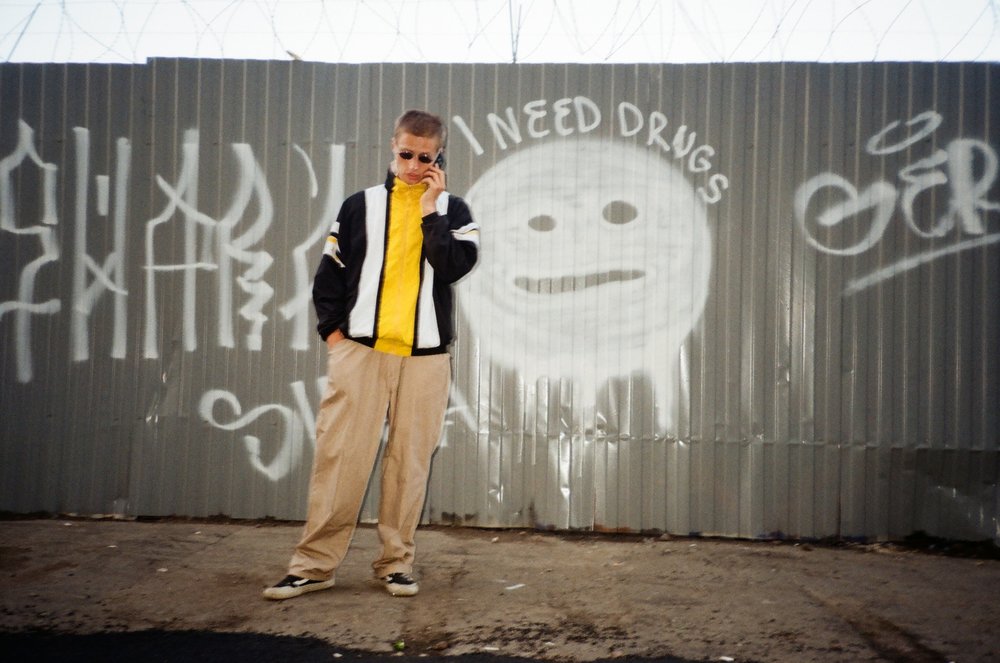Looking Back On The Trouble and Turmoil
Several years ago we had two members of our family hit their respective bottoms in rapid succession. For me, this was a brand new experience. Of course, I had put my family through the turmoil, horror, and pain of dealing with the consequences of my own alcoholism 12 years earlier. Until I had the experience first hand of watching a family member go through their struggles with addiction, I didn’t have the empathy or compassion necessary to really understand the anguish I had caused those that loved me. For me personally, this was a very challenging time while at the same time it gave me a deeper appreciation of the pain caused by addiction to those who are bound by affection to an addict. This has been an inspiration in my work and in my personal life. Below is a bit of that story.

At the time I was working for a Fortune 100 company managing an office of approximately 65 salespeople and staff, I had a young family with a wife and daughter, as well as, many community and recovery based commitments. The first thing I learned during this time is that life is not put on hold so that you can better meet the challenge. On a typical day, I would talk to 3 generations of my family about our loved one before making it to my office in the morning. I would help my Grandmother try and understand that addiction is a disease that her loved ones were suffering from and that there was nothing she could do to change that, and most importantly that it wasn’t her fault. I would try to counsel my mom on how best to set limits and support her resolve to do so regarding family. On most days I would talk to 2-3 more relatives all before attempting to get through my workday productively and show up in the evening for my family. I was often left feeling like the guy in the old Vaudeville act where he runs up and down the stage spinning plates on sticks. The minute he seems to get them all spinning one begins to wobble, so he runs down to the other side of the stage and sets the wobbler spinning again. He breathes a deep sigh only to need to sprint to the others side of the stage to catch the next plate which has begun precariously wobbling itself. The strain was causing me to start to wobble.

Many days I found myself too emotionally drained to be productive or present. Often I had trouble falling asleep at night. I would lie in bed worried about my family, and unable to let go of the stress and strain. I wasn’t exercising enough, and my eating habits weren’t great. In short, I wasn’t taking care of myself.
Getting The Right Help, And How It Happened
After being in long-term recovery for many years, I still found myself overwhelmed by the stress of coping with a loved one who was suffering from addiction. I found it extremely hard to balance the demands of life during this time of crisis and transition. The great news is both my family members were able to get the help they needed. They are both now in long-term recovery themselves and are doing great. Our family moved forward together and now are closer than ever. The experience taught me, and I’d like to share some of that with you. Please find below a short list of lessons learned, and things I might do differently if this were to happen again.
- Absolutely, manage your own self-care. Take care of yourself emotionally, mentally, physically, and spiritually. As much as possible get enough sleep. Exercise regularly for both the physical and psychological benefits. Eat well. In short, do everything you can to make sure your needs are taken care of. To take care of anyone else, we must take care of ourselves.
- Pursue your own healing. Addiction doesn’t happen in a vacuum. Most likely if a family member is symptomatic with addiction there is unprocessed trauma or stress within the family system. If true, this is affecting all members of the family. We may find ourselves so preoccupied with our family members that we are unaware of the true nature of our own emotional and mental state. Engaging in your own process of healing not only will help you personally but may also serve as an example to your loved one.
- Know your own limits and stand up for them. When a loved one is in crisis, it can be easy to fall into a mode of perpetually responding to them and their behavior. We love our family and want to take care of them, this is natural. It is important though that we try not to take on a level of responsibility within the situation that hinders our ability to carry on with our lives.
Create a plan for how the family as a system will deal with an emergency. An excellent suggestion is to ensure that every family member has a “buddy” they can call in a crisis. This provides both that no one need handle a crisis individually and that no one individual within the family ends up inundated continuously by the crisis.
Have someone outside of your family that is unaffected by the current circumstance that you can lean on for support. Sometimes we need an objective voice, other times we need a shoulder to cry on. Identify someone in your circle that you can rely on in this way and let them know who they are. This person can become an integral level of support for you.

I hope that these three lessons I learned can be helpful to others. My story might be inspirational to some readers that they too can weather the storm of addiction. That there is light at the end of the tunnel.
At Granite Mountain, we are here to answer any questions or concerns. Please contact us through our website or by phone at 844-878-3221. Reach out anytime, we are here to help.
Until next time
Your friend in service,
Rob



